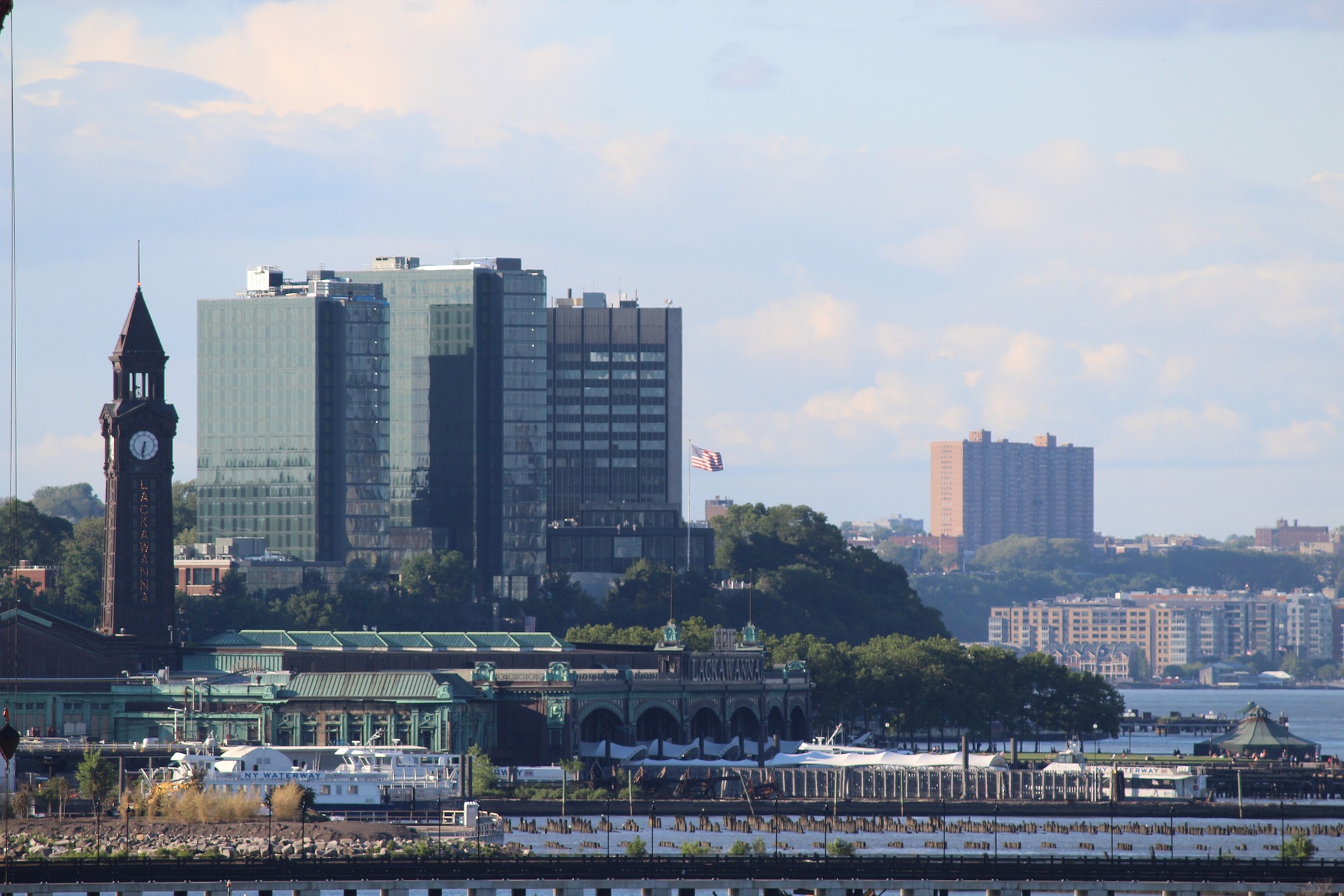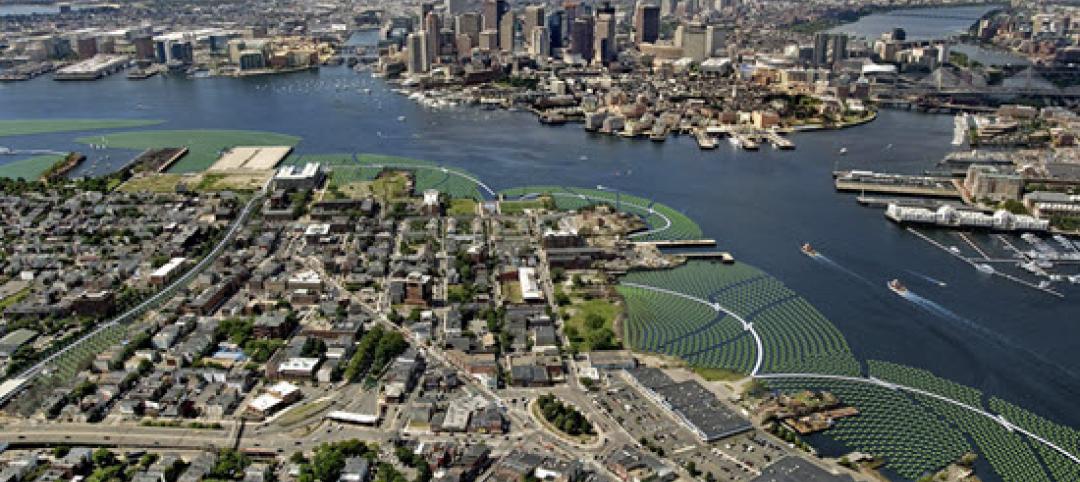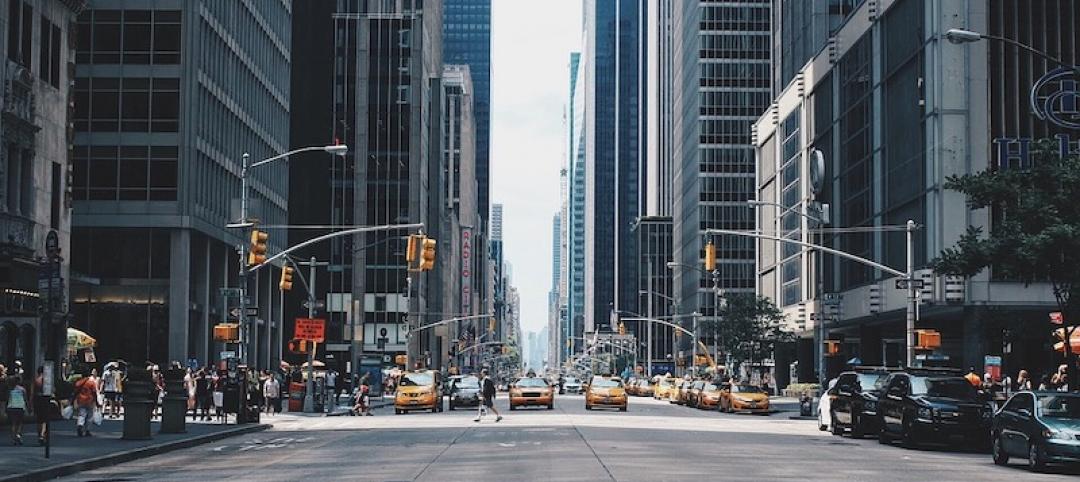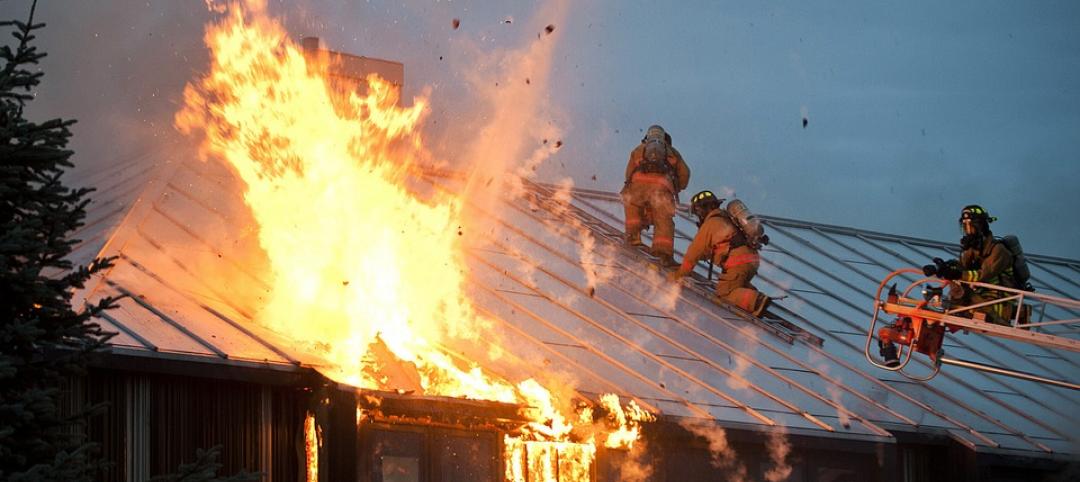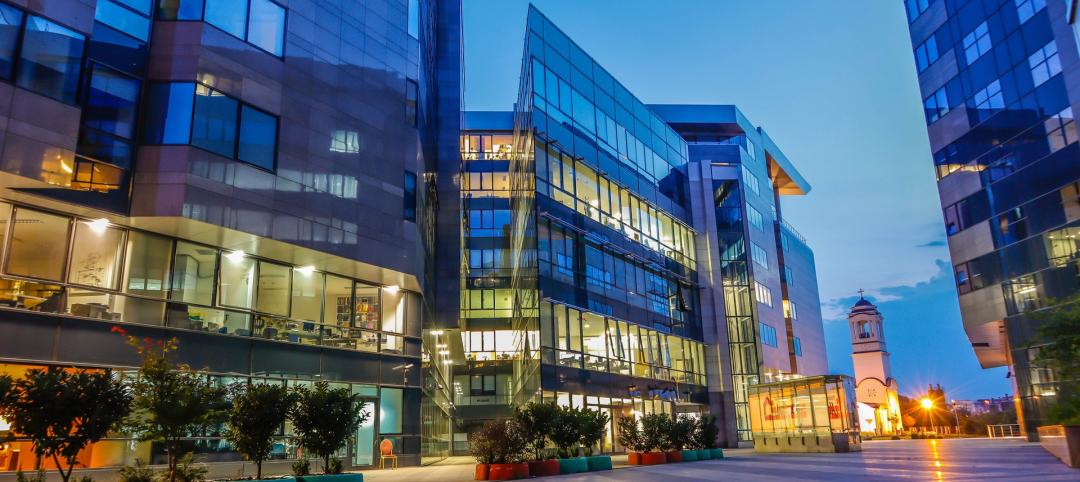Transportation policies enacted in Hoboken, N.J. over the past several years are paying off in the form of fewer pedestrian deaths and injuries.
The city has adopted daylighting, bike lanes, lower speed limits, and intersection redesigns to make its roads safer. The citywide speed limit was reduced to 20 miles per hour. Crosswalks have been painted and repaved to make it easier for drivers to see them. More than 40 curb extensions have been installed to direct cars farther from intersections. Bike lanes now grace about half of Hoboken’s roads.
The mayor says that a bucket of paint enables the city to create a curb extension and high visibility crosswalks to realize a much safer environment at a modest cost. The measures taken by Hoboken have resulted in no traffic death since January 2017, with injuries falling 41%. This safer environment occurred while pedestrian deaths in the U.S. reach 40-year highs.
Daylighting, implementing measures that prevent cars parking at the corner of an intersection, has been a key strategy. This initiative was realized with bump outs—extensions of sidewalks or the creation of small rain gardens in lieu of additional pavement, or the addition of bike racks or bollards.
Related Stories
Codes and Standards | Jul 29, 2019
ASCE group unveils structural safety database
Confidential reporting on structural failures, near misses, and other incidents.
Codes and Standards | Jul 26, 2019
Floating landscape infrastructure wins top ASCE innovation prize
Climate resiliency a key theme of entrants.
Codes and Standards | Jul 24, 2019
New York making slow progress on resiliency seven years after Hurricane Sandy
Property owners face many challenges; coastal defense project plans are complex and need more time to plan.
Codes and Standards | Jul 23, 2019
Berkeley, Calif. passes nation’s first ordinance to make new buildings all-electric
No gas hook-ups will be allowed in new houses, apartments, and commercial buildings.
Codes and Standards | Jul 22, 2019
San Francisco office building is city’s first structure certified by BREEAM USA for existing buildings
The Landmark @ One Market is one of San Francisco’s most architecturally distinctive buildings.
Codes and Standards | Jul 16, 2019
ASCE seeks comments on update to Calculation Methods for Structural Fire Protection standard
Pertains to fire resistance rating times.
Codes and Standards | Jul 15, 2019
USGBC calls for proposals for feedback, concepts for next LEED version
The move follows successful public input on LEED 4.1.
AEC Tech | Jul 15, 2019
Lack of standards hampers development of exoskeleton industry
Guidelines, common terminology, and testing methodology are needed, says expert.
Concrete | Jul 8, 2019
Concrete repair code requirements released
American Concrete Institute offers guidance on assessment, repair, rehab of existing concrete structures.
K-12 Schools | Jul 8, 2019
Collaborative for High Performance Schools releases 2019 Core Criteria Version 3.0 Update
The update adds credits to lower carbon footprints and to promote climate change resiliency.


